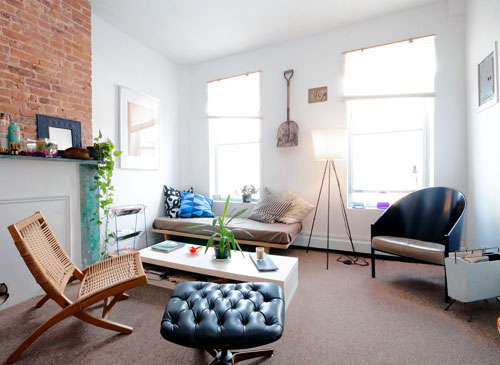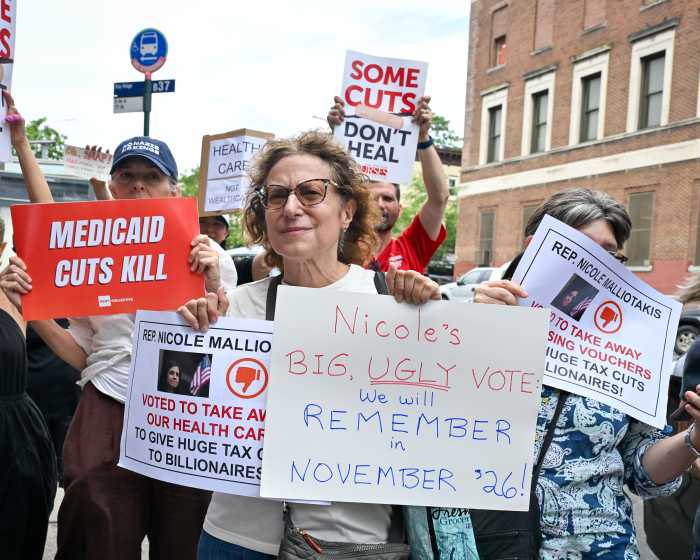Should Brooklyn residents be allowed to rent their apartments to vacationers on a daily or weekly basis to help make ends meet, or will that turn the borough into a place where apartments are so expensive, few will be able to afford to live here?
That’s the question at the center of a recent lawsuit in which a judge ordered a landlord pay a $2,400 fine for illegally renting an apartment to vacationers through the website Airbnb for three days.
In the case, inspectors with the Mayor’s Office of Special Enforcement proved the landlord broke a 2010 law that makes it illegal to rent space in multifamily buildings, such as apartments, for fewer than 30 days without the host present.
Proponents of the law said that the renting of apartments for short periods of time decreases the number of vacant spaces in the city’s already tight housing market.
But the managers of the website that helps vacationers book apartments in Brooklyn instead of expensive hotels say the judge’s ruling is bunk, and that it will assist in appealing it.
“This decision could not have more clearly shown that the New York law needs to be clarified and should be made more fair for regular New Yorkers who occasionally rent out their own homes to help make ends meet,” wrote David Hantman, Airbnb’s head of global public policy in a blog post on publicpolicy.Airbnb.com/nyc-update/“>Airbnb’s site.
Airbnb works much like a booking site for hotels, offering reviews and a searchable guide to more than 300,000 apartment listings in more than 34,000 cities in 192 countries. It also claims it ensures that the rooms for rent — and the renters themselves — are reputable, through a variety of background-check mechanisms and ratings of the hosts by users. It stays out of the renting business itself, and makes its money by charging a booking fee.
But lawyers say they doubted the company’s appeal will be victorious.
“My guess is that the appeal will be unsuccessful,” said Janet Ray Kalson, a housing lawyer with Himmelstein McConnell Gribben Donohue & Joseph in Manhattan. “A tenant who rents it out on Airbnb is a violating of the law.”
Advocates of the law fear that landlords will completely eliminated long-term tenants in favor of clients who pay a nightly rate — in effect, turning a residential apartment building into a hotel without the hassle of all the red tape that operating a legal hotel requires.
But proponents of sites such as Airbnb claim that individuals renting out an apartment for a short-time won’t actually decrease the number of vacant apartments, because ultimately, those people will continue to live in the space.
That doesn’t matter in the eyes of the law, however, as any situation in which an apartment is sublet for less than 30 days while the subleaser is out of town runs afoul of the statute.
The ruling didn’t make using Airbnb illegal, and more than a thousand listings in Brooklyn remain on the site. A search of the site to find rooms for one person during the Fourth of July weekend returned more than 1,000 results, including a room inside a 1968 camper in Crown Heights.
And experts say those that want to list their place on the site aren’t taking much of a risk, as it is difficult for the city to enforce the law.
“The only instance in which someone would get fined would be if an inspector went to the actual apartment and spoke to the actual renters — which is what happened in [the recent] case,” said Janay Farmer, a civil rights lawyer.
Reach reporter Jaime Lutz at jlutz@cnglocal.com or by calling (718) 260-8310. Follow her on Twitter @jaime_lutz.























